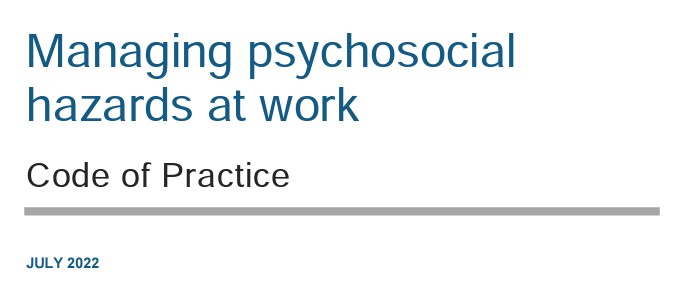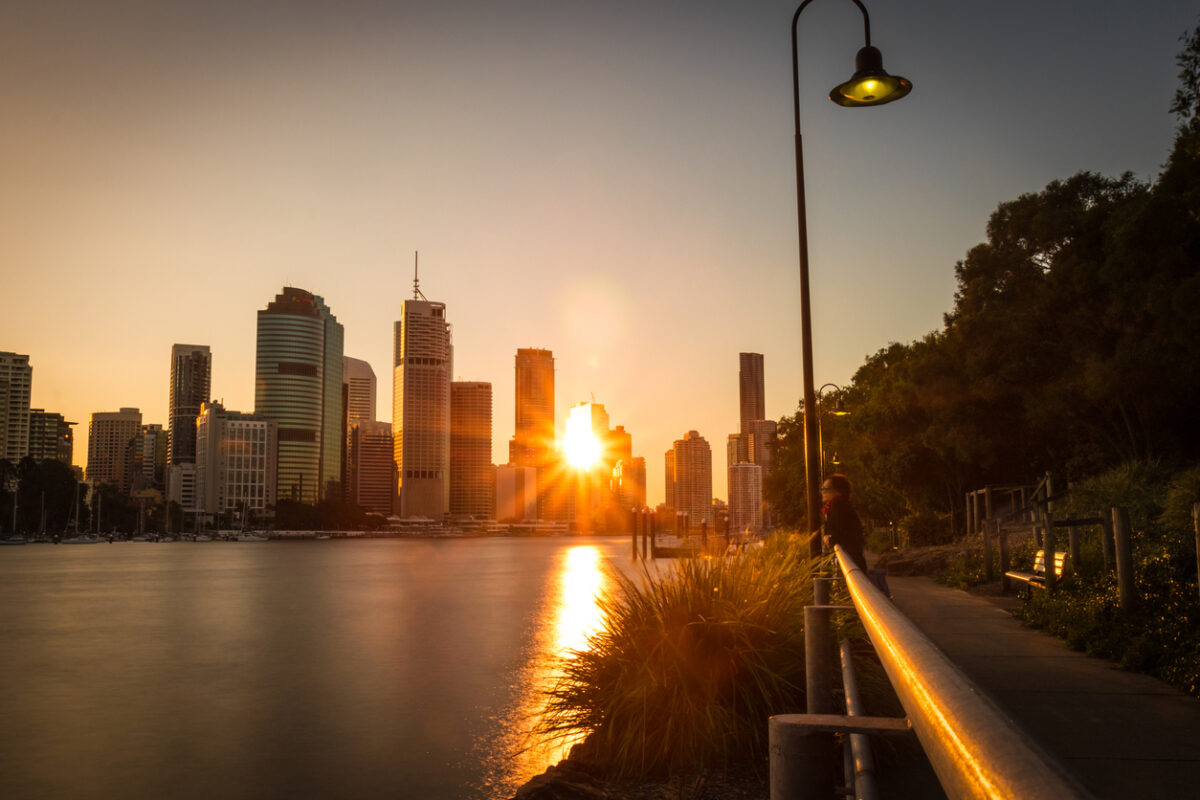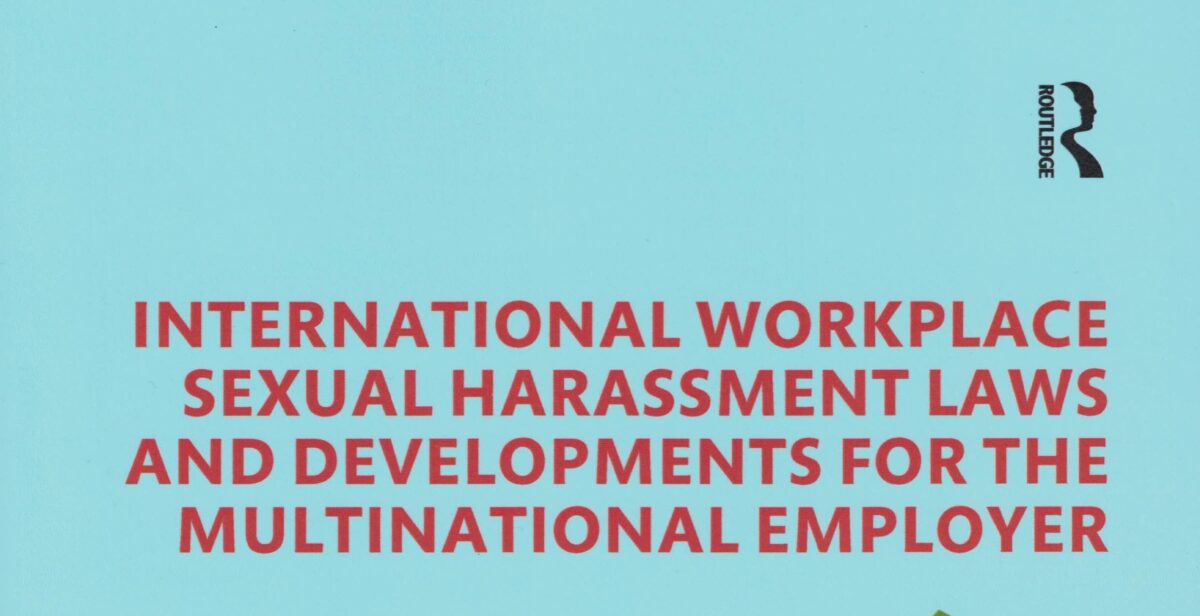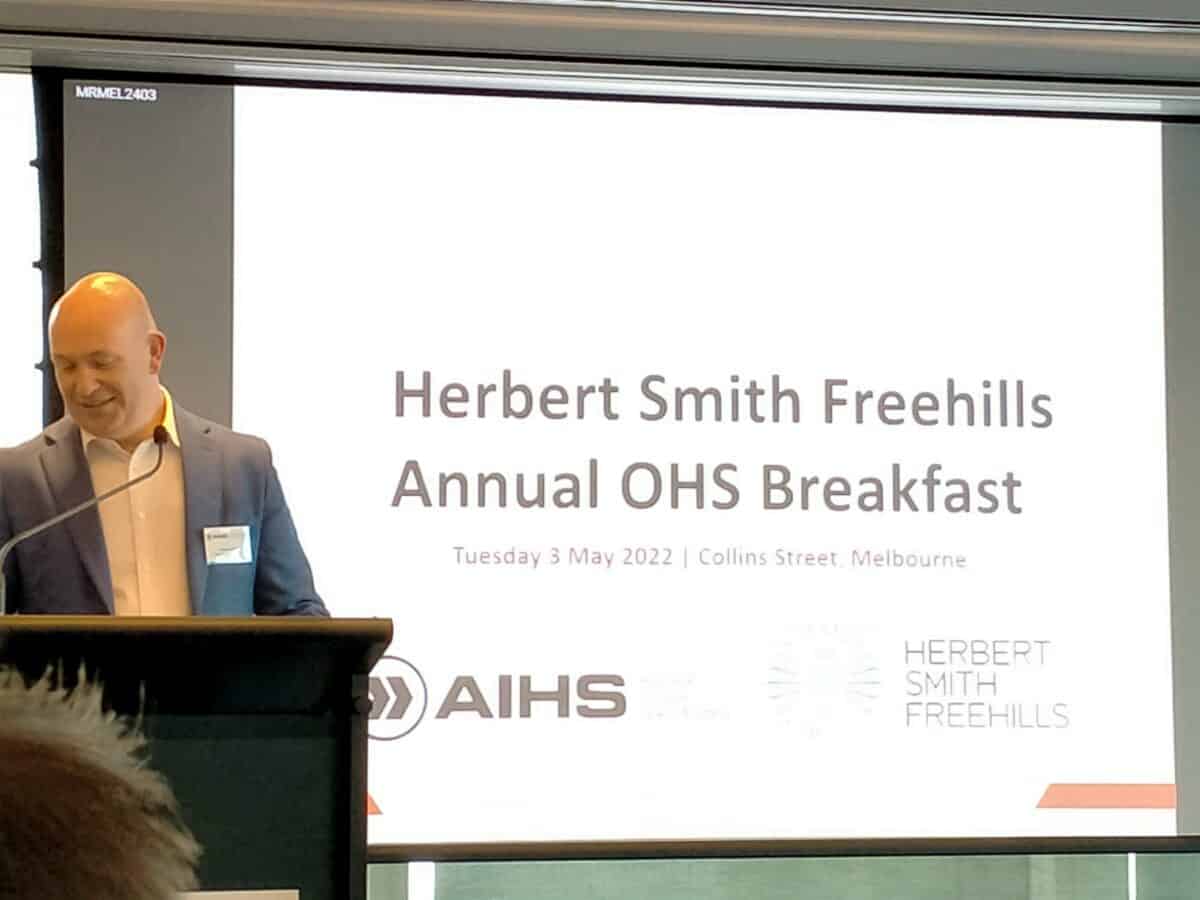Last week Safe Work Australia released its “Managing psychosocial hazards at work – Code of Practice“. It offers solid guidance on psychosocial hazards reflective of the work already conducted by Victoria, New South Wales and other jurisdictions and in support of the new regulations in the Model Work Health and Safety laws. In connection with a blog article earlier today, the Code provides some insight into cognitive demands.
Category: human resources
Sunlight on “an atmosphere of fear’
The Queensland Government and Premier Annastacia Palaszczuk have been under heavy criticism for their workplace cultures and leadership since the release of the Coaldrake report last week – a “review of culture and accountability in the Queensland public sector”.
The report is very critical of the Queensland government’s management of the public service, identifying problems with the overuse of external consultants, issues of unfairness, the lack of transparency and openness, bullying and more. These findings could apply to most of the contemporary public sectors in Australia nationally and locally (as well as most medium- to large-sized companies).
Sexual harassment laws in dozens of countries and states
Ellen Pinkos Cobb is building an interesting library of books on sexual harassment. Next month sees the release of “Managing Psychosocial Hazards and Work-Related Stress in Today’s Work Environment – International Insights for U.S. Organizations“, but one of her previous titles from 2020 is also enjoyable. Cobb published “International Workplace Sexual Harassment Laws and Developments for the Multinational Employer“. This comparative study is an excellent resource, even though the legal environment is changing rapidly.
Look beyond employee perception surveys for clues about toxic workplaces
CNBC recently published an article called “These are the 5 biggest signs of a toxic workplace“. This American article by Jennifer Liu reflects a common approach in these types of articles of focussing on office-based work and not going beyond the Human Resources (HR) perspective, even when alternative data sources are available.
Those five signs are:
On psychosocial hazards, HR and OHS are getting closer……. slowly
In narrow terms, the occupational health and safety (OHS) profession has largely neglected the management of psychological harm in workplaces. Human Resources (HR) has been the “go-to” on this issue, but various government inquiries have identified major shortcomings in the HR approach. In a recent podcast, Tony Morris of law firm Ashurst interviewed an HR and OHS professional on sexual harassment and psychosocial risks at work.
In response to the question of whether these risks are no being accepted as work health and safety risks, Julia Sutherland responded that this reality has been accepted by OHS regulators but implies that the acceptance has not been to the same extent by employers. She reassures employers who have not been approaching these hazards through OHS laws and guidance that they should not be alarmed as the OHS context has only existed for “a couple of years”.
The new approach to mental health at work may need a new profession
Managing psychologically healthy and safe workplaces makes me extremely nervous. I don’t think that anyone in Australia is suitably qualified to meet the new occupational health and safety (OHS) regulations and expectations imposed by OHS regulators in response to community demands and needs. Perhaps we need a new category of professional.
Continue reading “The new approach to mental health at work may need a new profession”Prohibition on Administrative Controls for psychological health at work
The Australian Institute of Health and Safety (AIHS) and Herbert Smith Freehills (HSF) annual breakfast physically returned this month after a few years of enforced absence. It kept its traditional structure – speeches from the local OHS regulator WorkSafe Victoria, representatives from HSF and AIHS and a summary of a salary survey report focused on occupational health and safety (OHS) professionals. The presentation that made the expense worthwhile came from one of HSF’s Regional Heads of Practice, Steve Bell, concerning new regulations for psychologically healthy workplaces.







